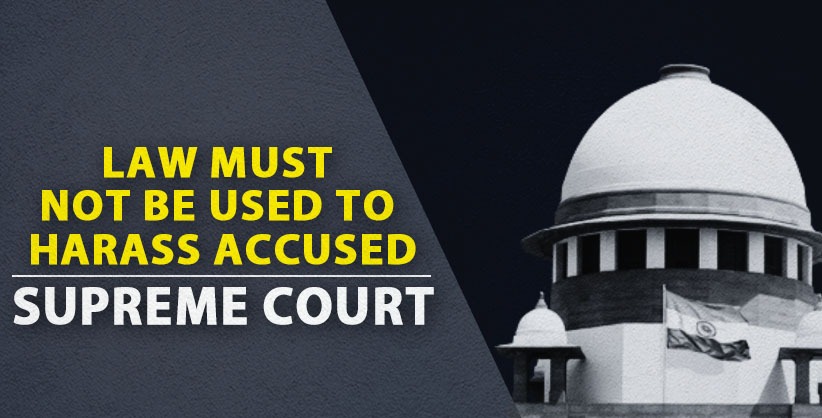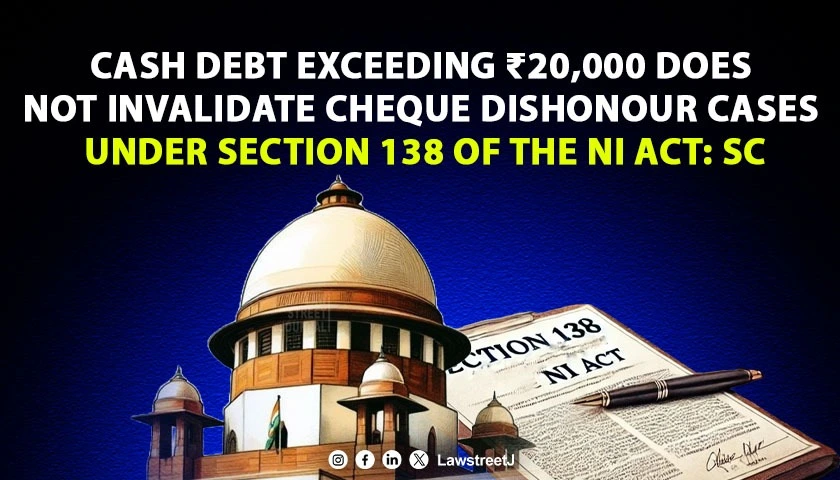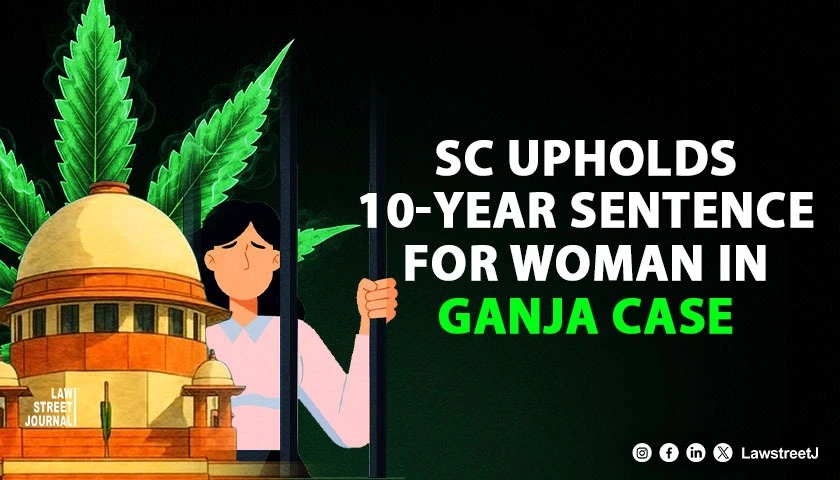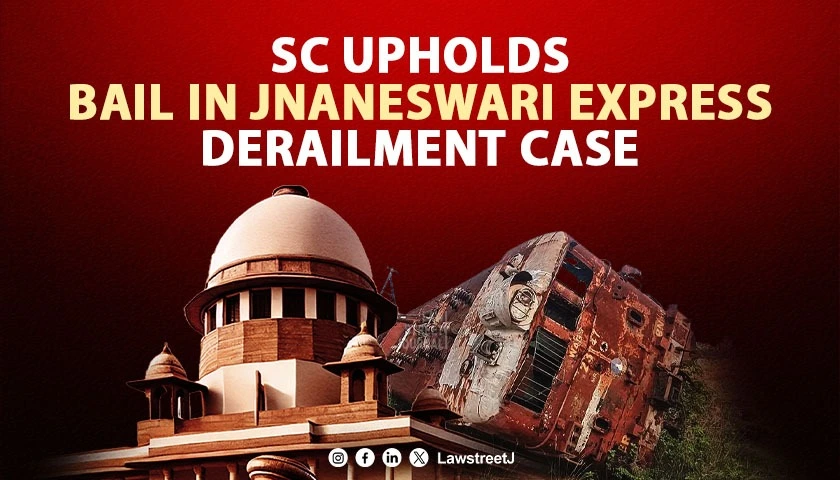NEW DELHI: The Supreme Court has said that the the purpose of filing a complaint and initiating criminal proceedings must exist solely to meet the ends of justice, and the law must not be used as a tool to harass the accused.
"The law, is meant to exist as a shield to protect the innocent, rather than it being used as a sword to threaten them," a bench of Justices Krishna Murari and S Ravindra Bhat said.
The top court here quashed criminal proceedings initiated against Hasmukhlal D Vora, promoter of M/s Chem Pharm, a trader of raw material chemicals used in food, food supplements, medicinal preparations etc and another person in a Chennai court for bulk purchase of pyridoxal-5-phosphate in violation of the Drug and Cosmetics Act.
The bench noted that a complaint was filed in the case after one year and four months of the show cause issues by the drug inspector.
In its submission, the company said the specific substance has been categorised as a bulk food substance falling under the definition of food as per Section 3(1)(j) of the Food Safety and Standards Act, 2006 and mentioned as a food ingredient in Serial No 4(ii) of the Schedule-I of the Food Safety and Standards Regulations, 2016.
The court also noted the authorities have made no effort to prove that the alleged substance is only a drug and not a food manufacturing substance. "No scientific evidence or otherwise has been furnished to prove that the alleged substance is solely used for manufacturing drug and not food items. Prima Facie, due to the lack of evidence adduced by the respondent in the four-year period between the initial enquiry and the complaint, this court cannot presume that the alleged substance can only be classified as a drug," the bench said.
The bench also said, "If we were to go one step further and assume that the impugned substance is solely used for drug manufacture, even then, the appellants would not be liable under the Drugs and Cosmetics Act, 1940 since they already have the necessary Wholesale Drug License as per form 20B and 21B of the Drugs and Cosmetics Rules, 1945. In such a scenario, even if the allegations made in the complaint are taken in toto, no case for an offence would still be made out, making the entire process frivolous," the bench said.
Further, the court noted, even though the complaint was made by the Drug Inspector but no evidence has been provided by the officer to sustain the complaint. No recovery has been made from the premise of the appellants, and no evidence has been provided to sustain the argument that the impugned substance is categorised only as a drug and requires a specific license, it added.
"There has been a gap of more than four years between the initial investigation and the filing of the complaint, and even after lapse of substantial amount of time, no evidence has been provided to sustain the claims in the complaint," the court said.
In the present case, the authorities have provided no explanation for the extraordinary delay of more than four years between the initial site inspection, the show cause notice, and the complaint.
"In fact, the absence of such an explanation only prompts the court to infer some sinister motive behind initiating the criminal proceedings," the bench said.
While inordinate delay in itself may not be ground for quashing of a criminal complaint, in such cases, unexplained inordinate delay of such length must be taken into consideration as a very crucial factor as grounds for quashing a criminal complaint, the bench added.
The court set aside the Madras High Court's order that had dismissed the plea filed under Section 482 of the Criminal Procedure Code for quashing the complaint, saying it has failed to take into consideration to the facts and circumstances of the case.
"While it is true that the quashing of a criminal complaint must be done only in the rarest of rare cases, it is still the duty of the High Court to look into each and every case with great detail to prevent miscarriage of justice. The law is a sacrosanct entity that exists to serve the ends of justice, and the courts, as protectors of the law ands of the law, must always ensure that frivolous cases do not pervert the sacrosanct nature of the law," the bench said.







